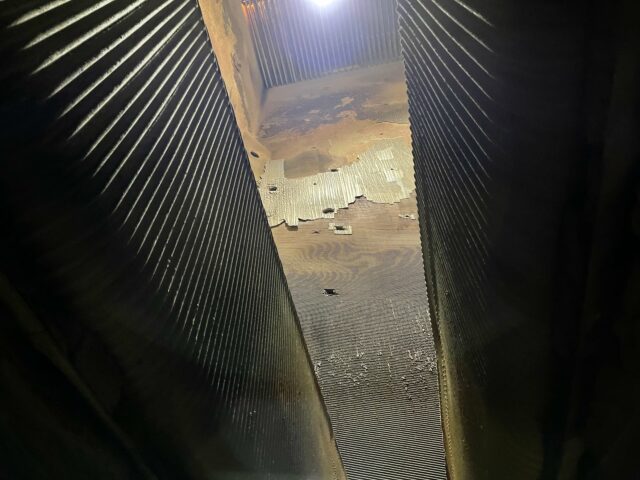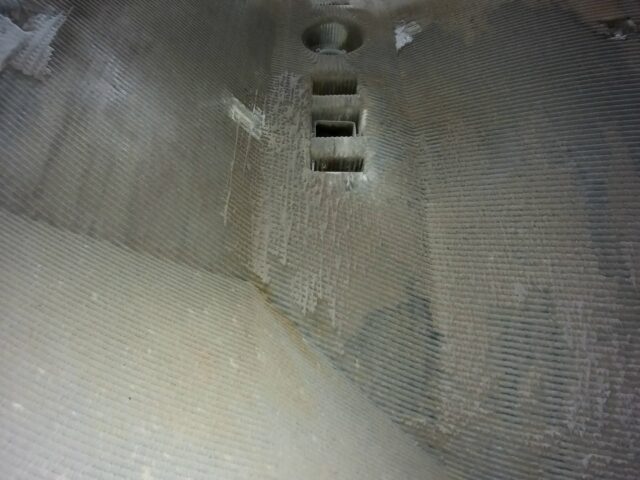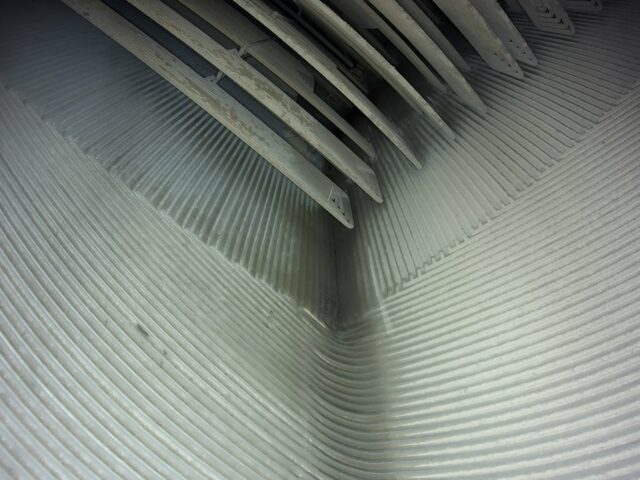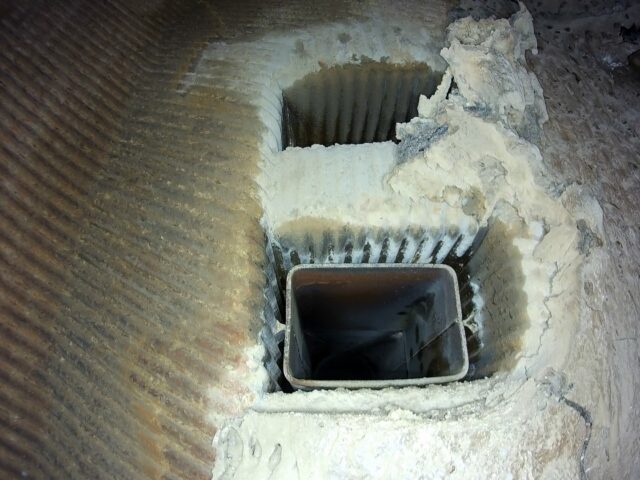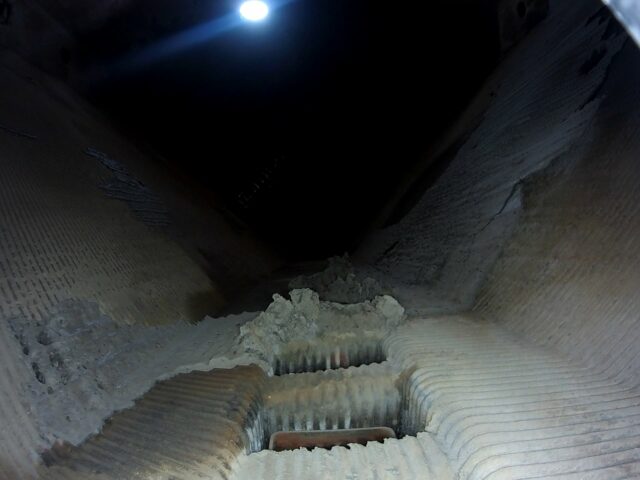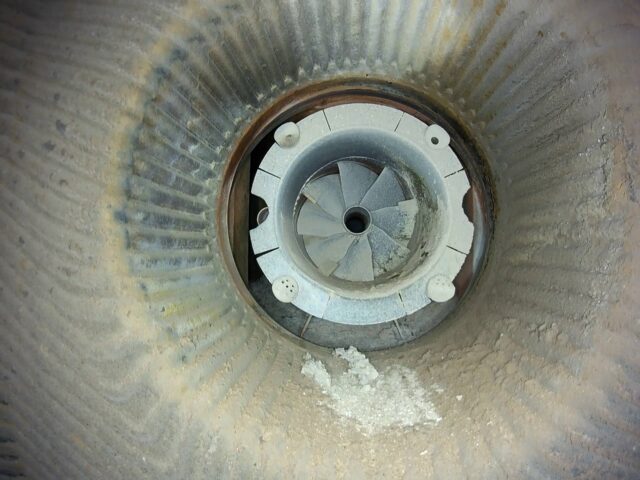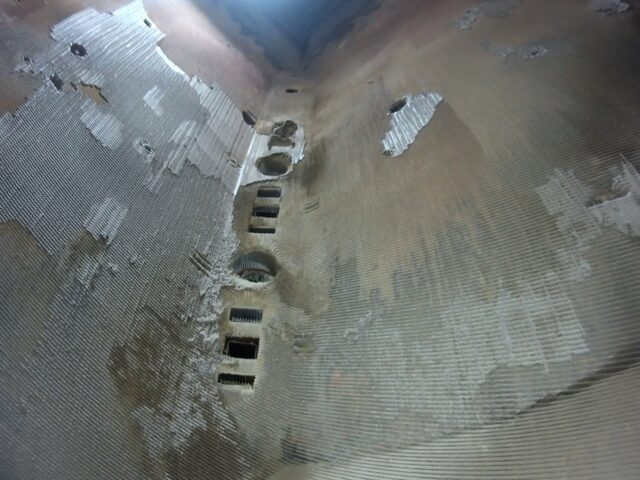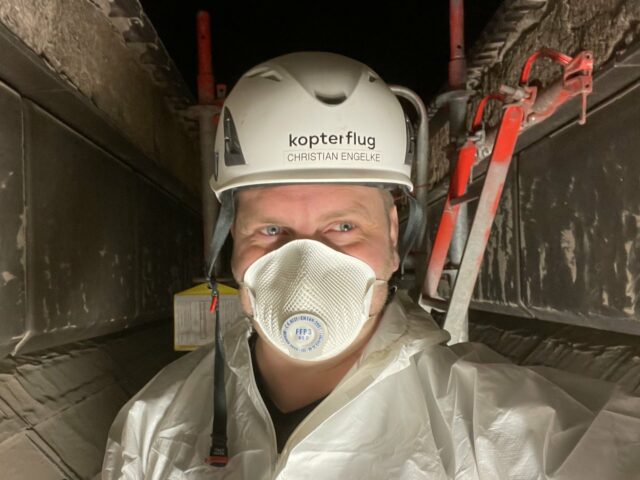Drone Inspection for large Power Plant Boilers
- Safety: No human access required. No scaffolding required.
- Reliability: High-quality visual data.
- Data Quality: Accurate and comprehensive data.


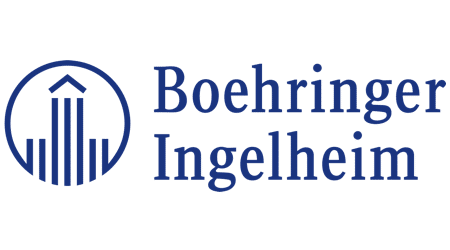

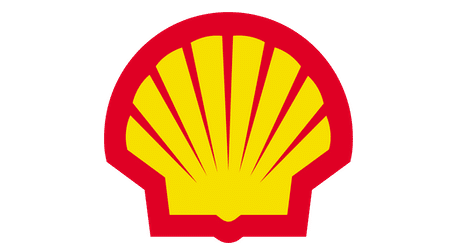
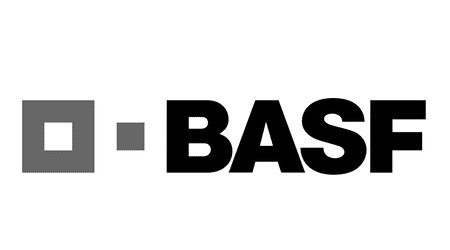
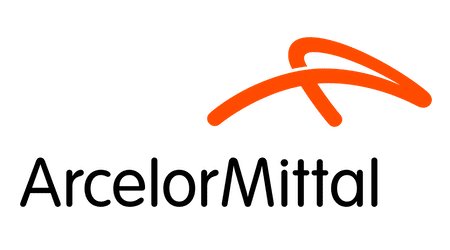



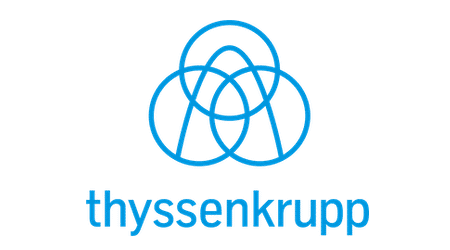

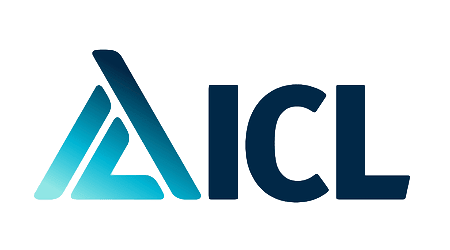
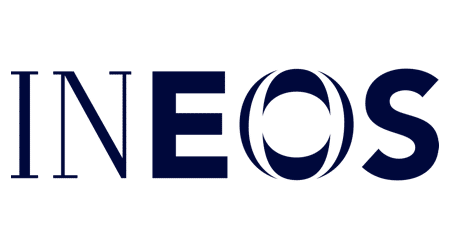

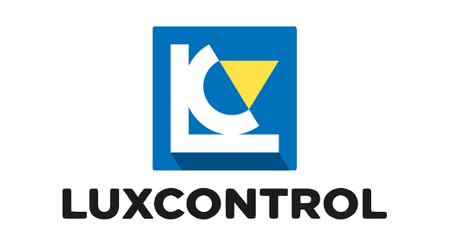
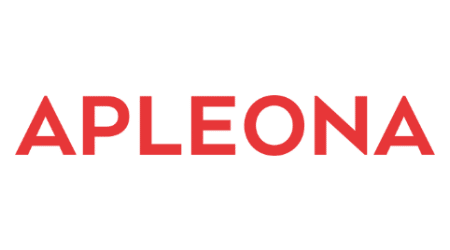
The Role of Inspection and Maintenance in Power Plant Boiler Performance
In power plant boilers, various types of damages or impairments can occur, which can have different causes and consequences. One of the most common issues is corrosion, which is caused by chemical reactions with the surrounding medium. The exposure of oxygen, water, or chemical compounds to the boiler’s metal can result in material loss, rust formation, and structural weakening. Corrosion can significantly impair the boiler’s lifespan and ultimately lead to leaks or failures.
Erosion is another problem that can occur in power plant boilers. This happens when abrasive particles such as ash, sand, or other solids collide with the surface of the boiler at high velocity. The repeated collision of these particles can cause abrasion, material loss, and damage to the inner walls. Erosion can compromise the structural integrity of the boiler and reduce heat transfer efficiency.
Wear is a consequence of long-term operation of power plant boilers. The combination of thermal stress, pressure changes, and chemical reactions can lead to material fatigue. This often manifests as cracking, detachment of coatings, or deformation of components. Wear can impair the boiler’s performance, reduce efficiency, and ultimately result in malfunctions or failures.
Deposits in the combustion chamber of a power plant boiler can also cause significant problems and impair efficiency. During the combustion process, residues and impurities are released in the combustion chamber, which can accumulate over time on the inner surfaces of the chamber. These deposits often consist of soot, ash, slag, or other combustion residues.
The formation of deposits in the combustion chamber can lead to several issues. Firstly, the deposits can impair combustion efficiency by disrupting optimal air and fuel supply, leading to incomplete combustion and increased fuel consumption.
Secondly, the deposits can hinder heat transfer in the combustion chamber. The layer of deposits acts as an insulating barrier between the hot combustion gases and the heat exchange surfaces, resulting in reduced heat transfer and efficiency loss.
Furthermore, deposits in the combustion chamber can cause operational disturbances by blocking flow paths or impairing the function of sensors and control units. This can lead to irregular combustion, increased emissions, pressure losses, and reduced power plant performance.
All these damages or impairments have serious consequences for the safe and efficient operation of the power plant. They can lead to leaks that endanger personnel safety and cause environmental pollution. Additionally, they can result in increased maintenance needs, longer downtimes, and higher operating costs. Therefore, regular inspection and monitoring of power plant boilers are essential to detect potential issues early and take appropriate measures for maintenance and repairs.
- Corrosion: Chemical reactions with the surrounding medium cause material loss and structural weakening.
- Erosion: High-speed impact of abrasive particles leads to material damage.
- Wear and tear: Long-term operation results in material fatigue and component deformation.
- Deposits: Accumulation of residues impairs combustion efficiency and heat transfer.
- Consequences: Leaks, safety risks, environmental pollution, increased maintenance, higher costs.
Enhancing Boiler Inspections: The Power of Drone Technology in Power Plants
Drone inspection offers a range of advantages in the inspection of power plant boilers. Compared to conventional methods such as scaffolding or industrial climbers, the use of drones brings significant improvements.
One key advantage is accessibility. Large power plant boilers are often challenging to access, making the setup of scaffolding or climbing the boiler walls time-consuming and increasing the risk of accidents. Drones allow for quick and easy inspections as they can effortlessly fly into areas that are difficult or dangerous for humans to reach. This saves time and enhances the safety of inspectors.
Another benefit is the speed of the inspection process. Drones can cover large areas in a short amount of time and capture detailed images of the boiler surfaces. In comparison, conventional inspection methods often require more time and resources. The swift inspection with drones enables efficient utilization of shutdown or maintenance periods, minimizing the downtime of the power plant.
Drones also deliver high-quality photos and videos that enable an accurate assessment of the boiler’s condition. The high-resolution cameras on board the drones capture even the smallest cracks, corrosion, or deposits. This allows for early detection of damages or wear and supports preventive maintenance. The detailed imagery also facilitates documentation and reporting of the inspection process.
Safety is another advantage. Conventional inspection methods pose a higher risk to inspectors, especially in hazardous areas like confined spaces or high heights. The use of drones reduces the risk of accidents and keeps inspectors away from potentially dangerous areas. This contributes to the safety of personnel and minimizes the risk of injuries.
In summary, drone inspection offers numerous benefits in the inspection of power plant boilers. It enhances accessibility, speeds up the inspection process, provides high-quality imagery for condition assessment, improves the safety of inspectors, and supports efficient maintenance and documentation. The utilization of drones revolutionizes the way inspections are conducted and contributes to the efficiency and safety of power plants.
- Safety: Drone inspection eliminates or reduces the need for human entry into hazardous or inaccessible areas.
- Efficiency: Drones can quickly and efficiently cover large areas, reducing inspection time.
- Cost-effectiveness: Drone inspections are often more affordable compared to traditional methods.
- Detailed Data Collection: Drones capture high-resolution images and videos, providing accurate and comprehensive visual data.
- Accessibility: Drones can access difficult-to-reach locations, such as rooftops or tall structures.
Contact us now for efficient maintenance solutions.
Maximize Productivity with Drone Inspection - Contact Us for a Consultation!
- Enhanced Safety: Drone inspections significantly improve safety by keeping human inspectors away from potentially hazardous areas. Drones can access confined spaces and high heights with ease, reducing the risk of accidents and injuries.
- Time and Cost Efficiency: Drone inspections offer faster and more efficient inspections compared to traditional methods. Drones can cover large areas in a shorter time, reducing downtime during shutdowns or maintenance periods. This results in cost savings and increased productivity for power plants.
- Accurate Condition Assessment: Drones equipped with high-resolution cameras provide detailed imagery of boiler surfaces, allowing for accurate condition assessment. This enables early detection of damages, cracks, corrosion, or deposits, supporting timely preventive maintenance and minimizing the risk of unplanned shutdowns.
In conclusion, drone inspection represents a revolutionary method for inspecting power plant boilers. The numerous benefits, from improved accessibility and efficiency to enhanced inspector safety, make the use of drones an attractive option for power plant operators. To fully harness the potential of drone inspection, it is time to take action.
Take the initiative now and get in touch with us to explore the possibilities of drone inspection for your power plant. Our experts are available to discuss your specific requirements and develop tailored solutions. Benefit from more efficient inspection processes, precise analysis, and improved documentation. Enhance the safety of your personnel and maximize the efficiency of your facility. Don’t miss the opportunity to take your power plant to the next level with state-of-the-art technology. Act now and let the drones work for you.
Request a Quote
Frequently Asked Questions
Drone inspections are often more cost-effective than traditional methods like scaffolding or industrial climbers. They require fewer resources, reduce downtime, and can be performed more efficiently, resulting in potential cost savings for power plant operators.
Our Inspection Experts

CEO

CEO & Founder
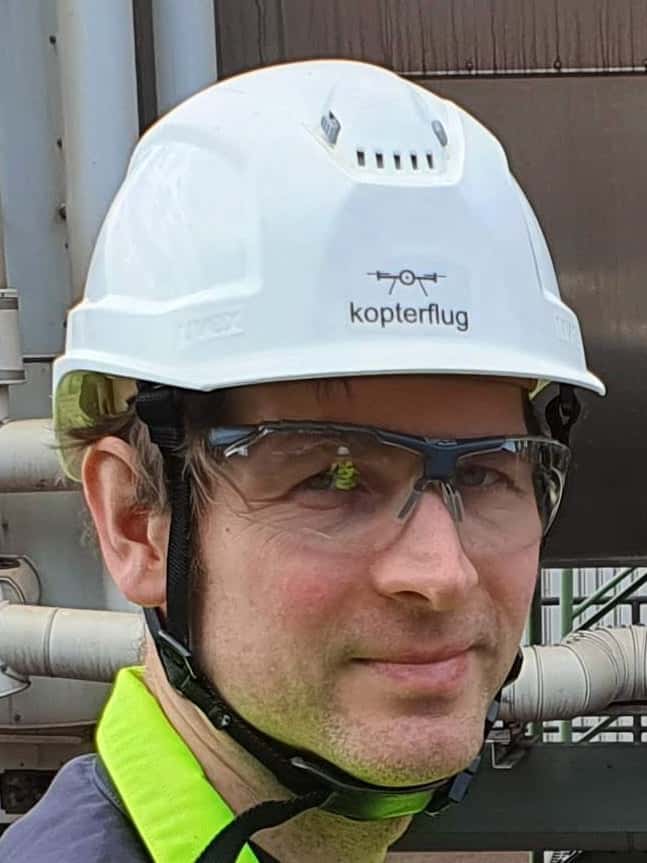
Philipp
CFO & co-owner
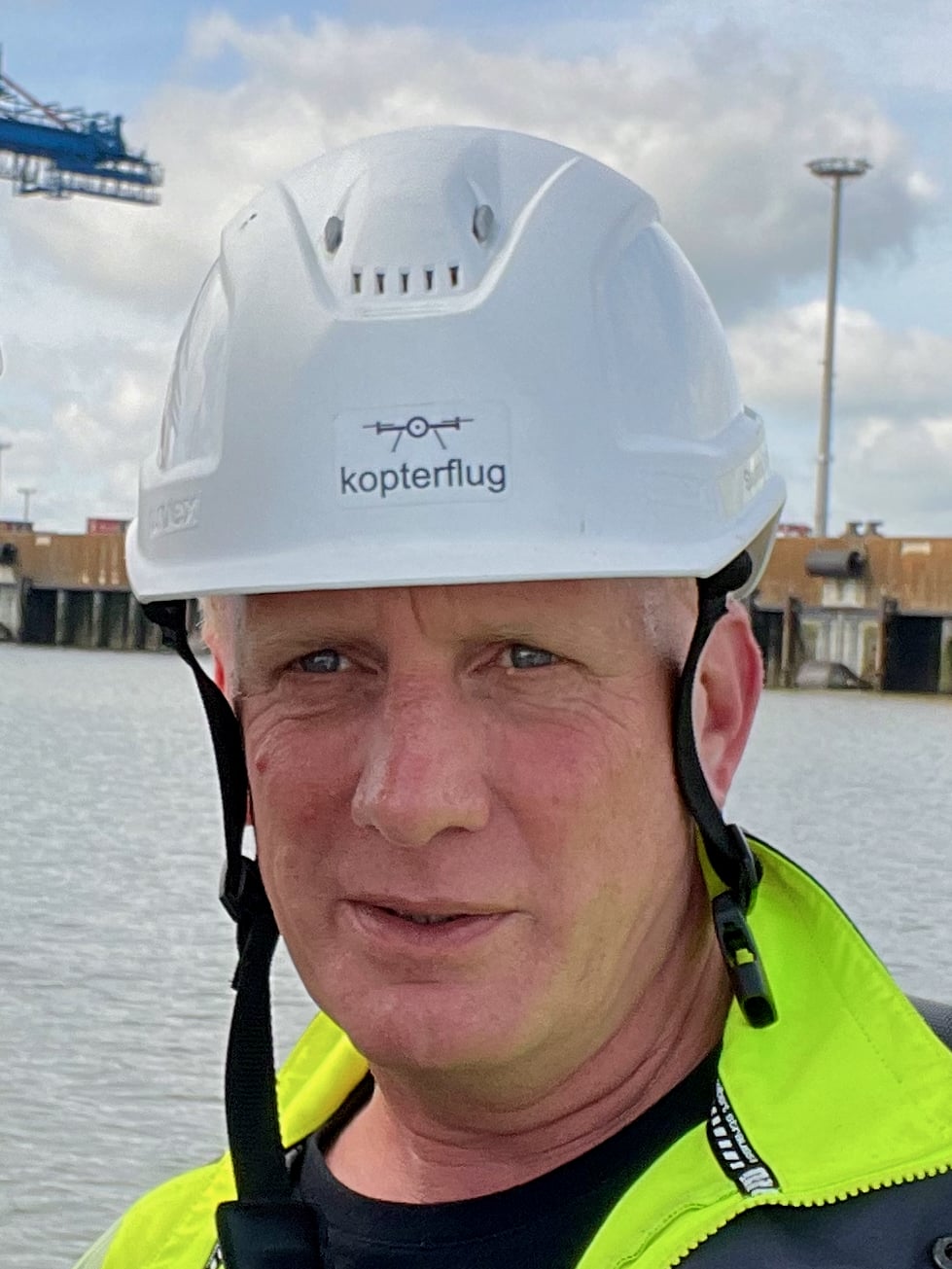
Stephan
Operations
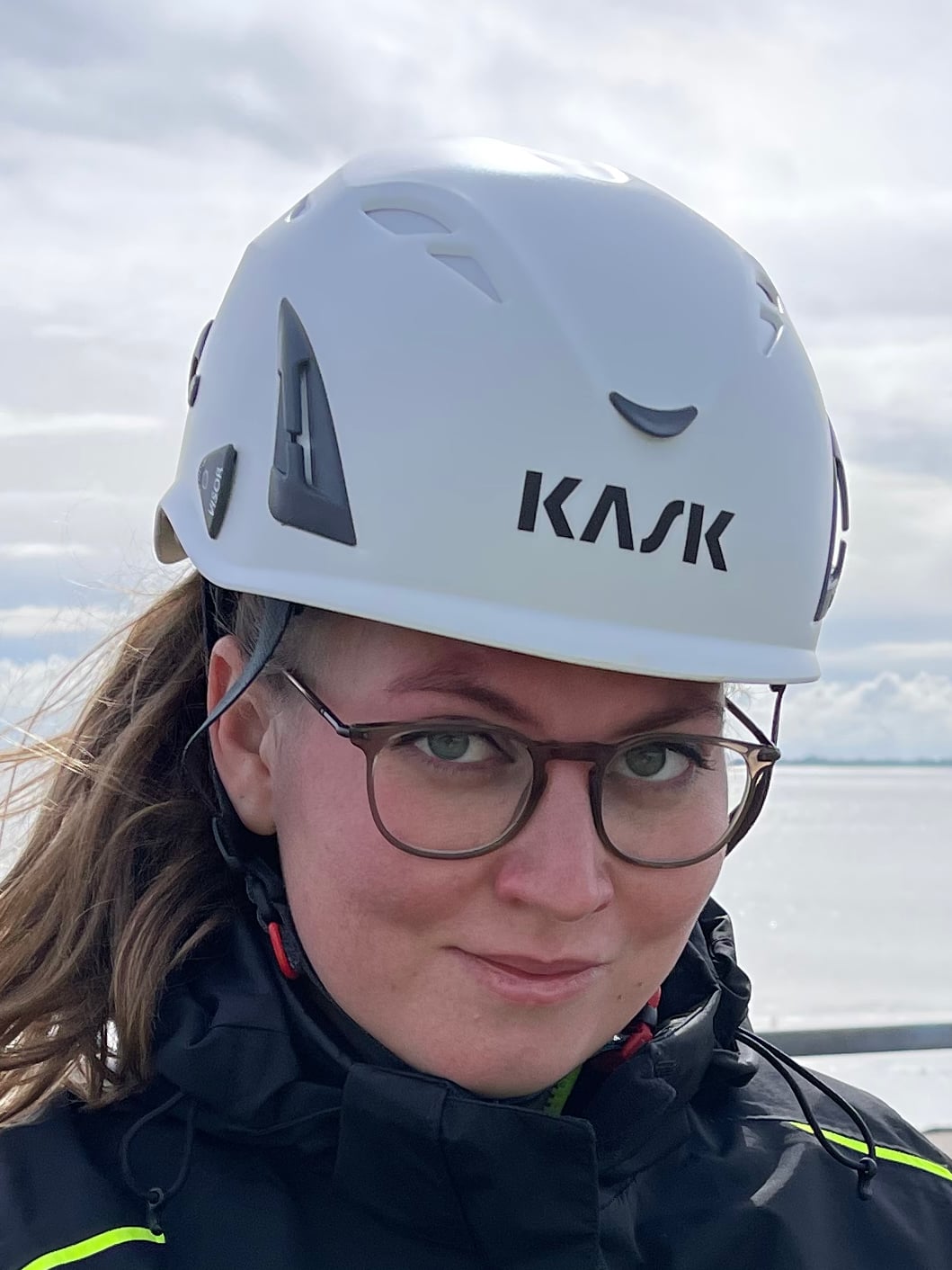
Juliana
Maritime Specialist

